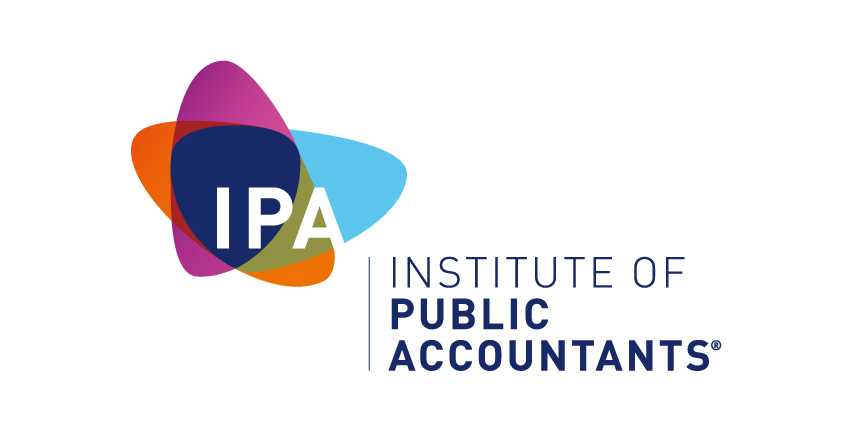BUDGET TO PROVIDE BREATHING SPACE FOR AAA CREDIT RATING
Whatever policy measures come out of next week’s Federal Budget, they should be aimed at giving some respite to combat the threat to Australia’s AAA credit rating, by reducing the size of future budget deficits according to the Institute of Public Accountants (IPA).
“While we will continue to advocate for broad based reforms to our economy including taxation, we are not holding our breath in the short term,” said IPA chief executive officer, Andrew Conway.
“Reducing the size of future deficits will give the economy much needed breathing space to protect our current and much coveted credit rating status and time to continue the reform narrative that will drive Australia’s productivity and future growth.
“Our AAA sovereign credit rating is critical to our economy which relies on overseas capital. By keeping the budget deficits at bay, we keep the wolf from knocking on our door.
“By reducing our future deficits we have a better chance to keep our AAA rating intact which lowers the interest cost for all borrowers, including small businesses. This will give the Government some breathing space in the short term to tackle our long term structural problems, both in terms of revenue and expenditure, which are hurting productivity and our growth prospects.
“One measure being considered is a change to superannuation tax concessions for high income earners whilst providing a fairer system for low-income earners. Taxing high income tax concessions will reap billions which will narrow the size of future budget deficits ahead of structural reforms.
“While high-income earners pay over 45 per cent tax on every dollar they earn above $180,000, they only pay 15 per cent tax on money they divert to their superannuation; the same flat rate offered to low-income earners.
“We do caution, however, for governments not to lose sight of what our superannuation system is designed for; that is, to achieve better and sustainable retirement outcomes which will alleviate pressure on the need for future government paid pensions,” said Mr Conway.
